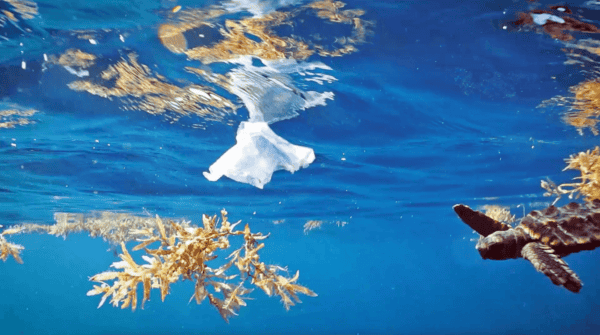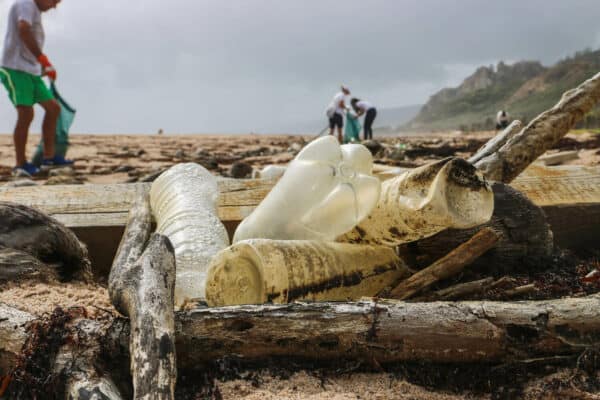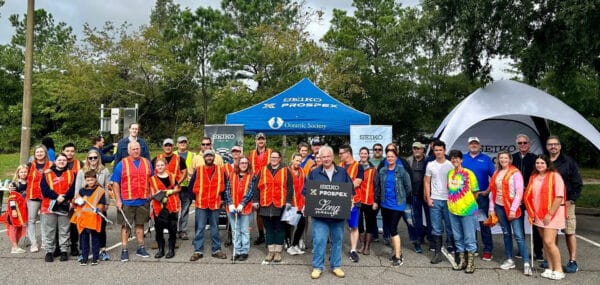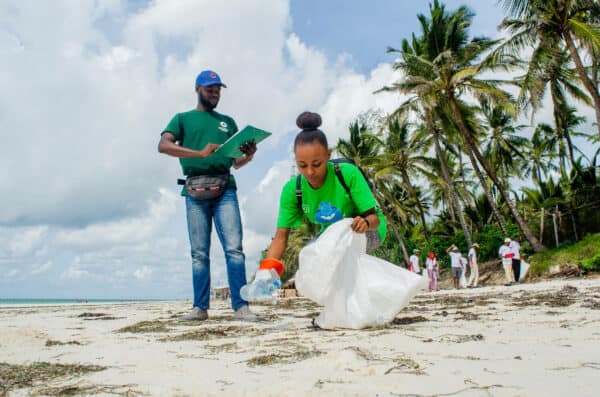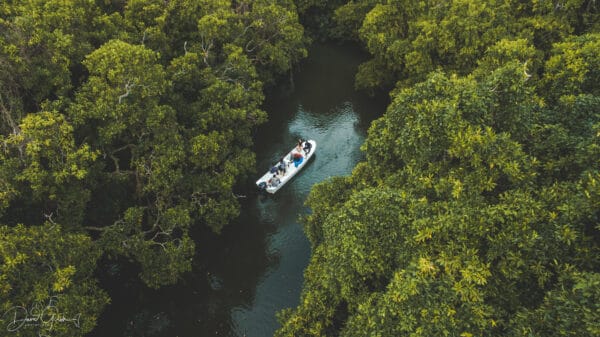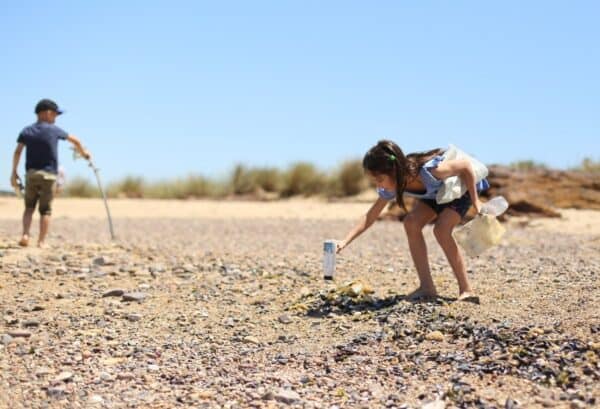We’re funding the removal of 200 pounds of trash from the ocean for every traveler who joins one of our multi-day nature expeditions.
Launched in July 2022, Oceanic Society's Traveler Plastic Pollution Offset Program adds a new dimension to our conservation travel model by funding the removal of litter from the marine environment for every person who joins one of our multi-day nature expeditions.
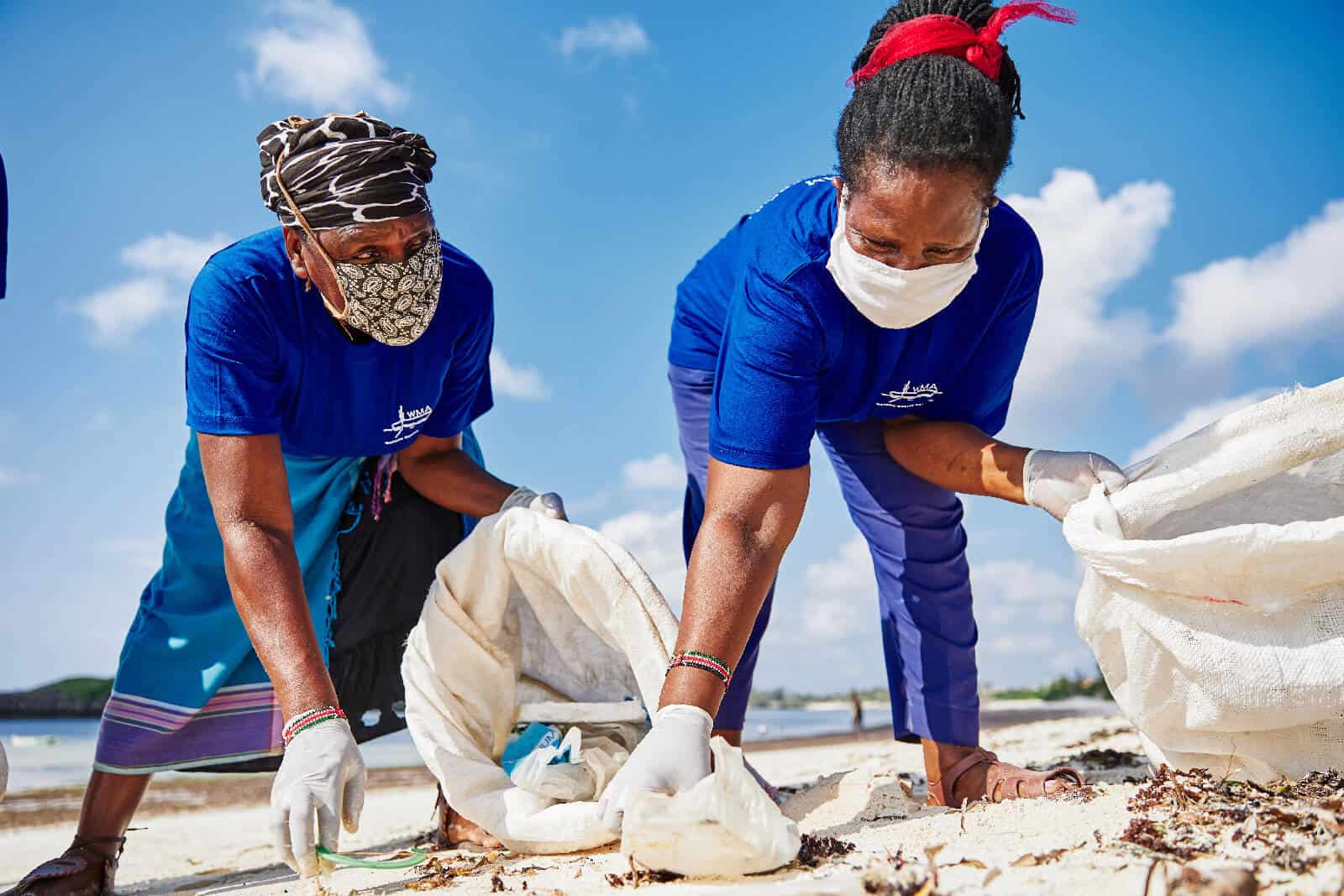
How Does the Traveler Plastic Pollution Offset Program Work?
When you join a multi-day trip with Oceanic Society, we will fund four days of cleanup effort by a local beach cleaner in Watamu, Kenya, resulting in the removal of an average of 200 pounds of litter from the marine environment. Read on for more details, or see our program announcement.

Fight Plastic Pollution
From Home
Sign up for our 7-Day Fight Plastic Waste Challenge and join the millions of people worldwide who are taking action to fight ocean plastic pollution every day.

